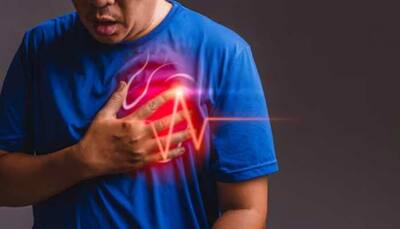While menopause is an inevitable part of aging, women can take charge of their health through diet and exercise. A nutrient-dense diet rich in calcium, vitamin D, phytoestrogens, and healthy fats, combined with regular weight-bearing and aerobic exercises, can significantly alleviate menopause symptoms. Menopause marks a significant transition in a woman's life, typically occurring between the ages of 45 and 55.
This phase is marked by the end of menstrual cycles and is accompanied by a variety of symptoms, such as hot flashes, mood swings, weight gain, fatigue, and sleep disturbances. While menopause is a natural biological process, its symptoms can significantly impact quality of life. Fortunately, lifestyle factors like diet and exercise play a crucial role in managing and alleviating many of these symptoms, offering women a holistic way to navigate this transition.
Diet and Menopause: Nourishing the Body A balanced and nutritious diet is essential during menopause. Hormonal fluctuations, particularly the decline in estrogen, can affect metabolism, bone density, and heart health. A well-planned diet can help mitigate these risks and provide relief from some menopause symptoms.
Calcium and Vitamin D for Bone Health One of the major concerns during menopause is the increased risk of osteoporosis due to a decline in estrogen levels. Calcium and vitamin D are vital for maintaining bone density and strength. Foods rich in calcium, such as dairy products, leafy greens, and forti.


















